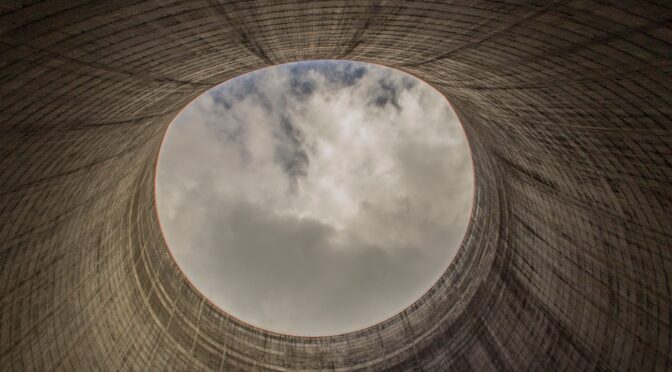Response Doctoral Programme
“No” says Bessie Noll et al. (2021) in a synthesis paper as renewable energy technologies have significant advantage over current non-traditional nuclear reactor designs.
Taking insight foremost from a 2021 study by the Union of Concerned Scientists (UCS) on “advanced” nuclear reactors, their synthesis examines three non-traditional nuclear reactor designs based on three UCS defined evaluation criterion—safety and security risk, sustainability, and nuclear proliferation potential—as well as one additional criterion added newly, “economics”. Proclaimed advantages of non-traditional over traditional reactors are also included in an “Expectation vs. Reality” rapid-fire comparison.
Some of the arguments:
- Technologically immature non-traditional reactors have to compete with renewable energy technologies which are already today drastically cheaper on a $/kWh basis and have much steeper learning curves.
- Even with optimistic assumptions for deployment timelines, non-traditional reactors will likely be outcompeted in deployment by renewables and grid-scale battery storage (in some cases, they already are)—relatively more mature technologies that are readily being deployed today
- It is highly unlikely that non-traditional reactors will be able to ramp-up construction fast enough to stay in-line with climate targets.
- Nuclear reactors built in a modular fashion are not spared the curse of high capital cost and long construction times in practice.
- Non-traditional reactors introduce new safety issues that will require extensive testing and analysis. The technology itself is too early in its development stage to be certain of all possible safety issues.
Citation: Bessie Noll, Tonja Iten, Fabian Lüscher (2021). A SYNTHESIZED ANALYSIS OF THE STATE OF THE “ADVANCED” US NUCLEAR INDUSTRY. Schweizerische Energiestiftung.

Bessie Noll is currently a fellow in the RESPONSE Doctoral Programme (DP) «RESPONSE – to society and policy needs through plant, food and energy sciences» funded by the European Union’s Horizon 2020 research and innovation program under the Marie Skłodowska-Curie Grant Agreement No 847585.
Other insights on the role of nuclear power and the ongoing transformation towards renewables in Japan can be found in her blog contribution: “When institutional incumbents hinder energy transitions: Japan’s energy story”, Energy Blog @ ETH Zurich, ETH Zurich, March 29, 2021, https://blogs.ethz.ch/energy/energy-japan/
Her research project on the energy transition in the transport sector – assessing the impact of European and national policies on future drive technology mixes, energy use, and emission pathways — at ETH Zurich is together with Prof. Tobias Schmidt, Department of Humanities, Social and Political Sciences at the Energy Politics Groups and in collaboration with the Swiss Energy Foundation (SES), Switzerland.
.

